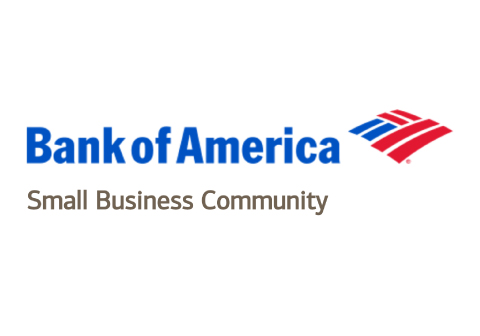
Advice for College Grads
Bank of America Small Business Community
By Iris Dorbian
It’s that time of year again when millions of young men and women prepare to embark on an unknown and untested future as they graduate from college. To help them ease their transition from academia to the workforce, several small business owners share their sage and hard-earned advice.
1. Become a volunteer.
While college grads discover what they like and what they don’t like, becoming a volunteer is a great way to explore a possible career path, says Fred Goff, CEO of Cambridge, Massachusetts-based Jobcase, a platform that connects and empowers jobseekers.
“In addition, you can learn new skills that can be used in future jobs down the line,” notes Goff. “Volunteering can also help you get a job.”
To illustrate his point, Goff cites a study recently conducted by The Corporation for National and Community Service, a federal agency that promotes service. It found that individuals who volunteer have a 27 percent higher chance of being employed at the end of the year than do non-volunteers.
2. Don’t be afraid of making mistakes.
“To err is human,” said the English poet Alexander Pope. In this vein, college grads need to know it’s okay to not be infallible; in fact, judging by their lack of experience, it’s only natural that they will fumble.
Philip Rooke, CEO of Boston-based ecommerce platform Spreadshirt agrees, adding that college grads should not be fearful of making mistakes providing they learn from them as they grow professionally.
“Learn the lessons and move forward,” he urges. “They are as inevitable as growing pains. Strategic risk taking is tolerated and necessary.”
3. Don’t turn down entry-level positions.
If you’re lucky enough to get a job offer after graduation, don’t automatically turn it down because you feel it’s beneath your level of education. “It is a starting point,” says Stan Steinreich, president of Fort Lee, New Jersey-based PR firm Steinreich Communications.
Steinreich advises grads to seek out the larger corporations over the smaller or mid-sized companies.
“Typically, they provide better ‘boot camp’ training in industry basics than smaller organizations can provide,” he says. “Dig in deep and put in the time. There are no 9 to 5’ers in business today. Come in early and go home late. Use your time not only to do the job you are tasked with, but to learn and observe. And most importantly, stick with that first job at least a year.”
4. Do your homework before an interview.
Never wing it when meeting with a potential employer for a job. It’s crucial that grads “know the ins and outs of the firm, including their successes and failures while suggesting how they can help on both counts,” recommends Thomas J. Madden, chairman and CEO of Boca Raton, Florida-based TransMedia Group, a PR, publishing, and internet marketing firm
5. Consider everyone a potential contact.
Anita Mahaffey, CEO and founder of Cool-jams, a San Diego-based maker of specialty sleepwear, swears by this takeaway. “Potentially everyone you meet in life is important to your future,” she says. “Never discount any person you meet as you maneuver through the maze of life.”
And while you’re doing so, she notes, make sure your reputation is spotless. This sounds simplistic, but it bears repeating in our over-connected, social media-obsessed world. “Think about everything you post as something a prospective boss might see in the future,” she says. If that thought makes you uncomfortable, don’t post it.
As college grads join the job ranks and begin to stake a claim on their future, many will be filled with uncertainty and a little bit of fear. That’s normal, say the experts. Just stay true to yourself, work hard, say yes, and before you know it you’ll be the one doling out the advice.

